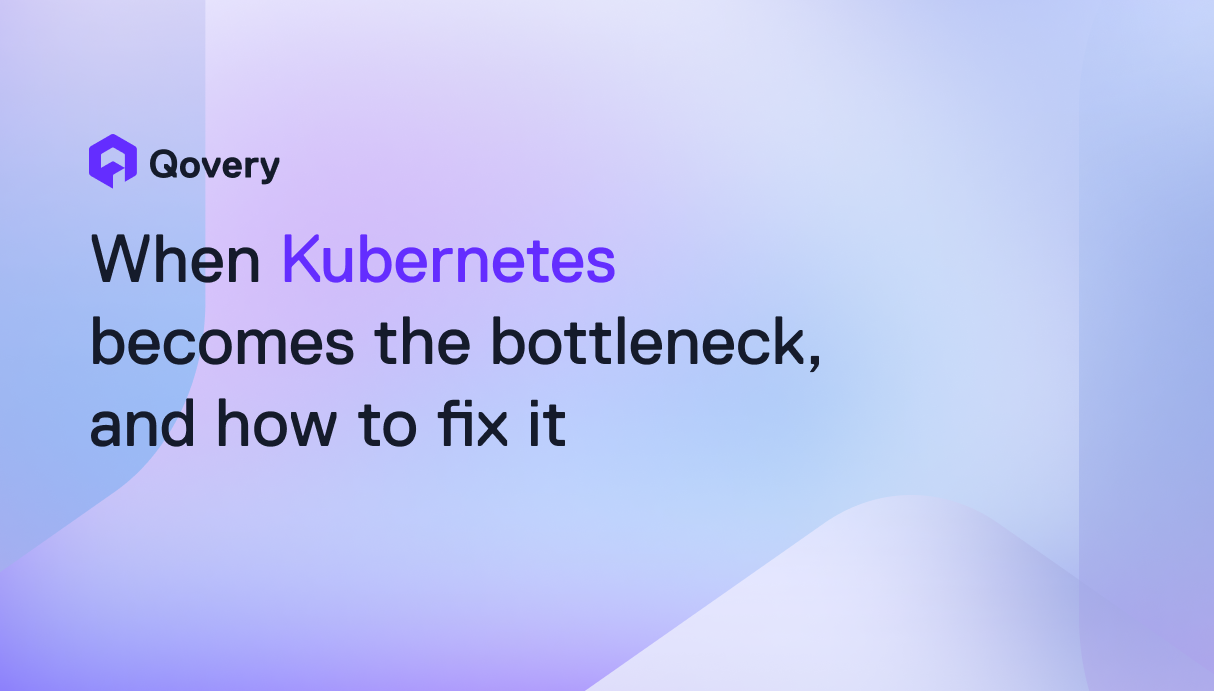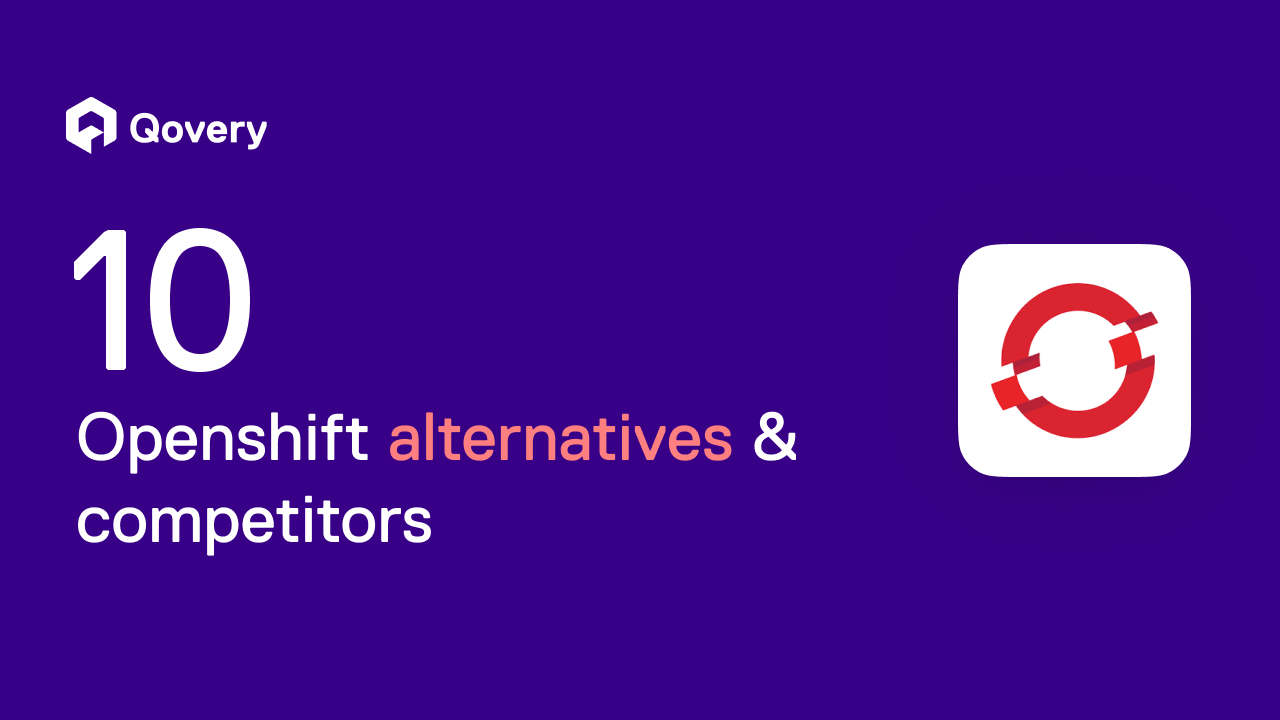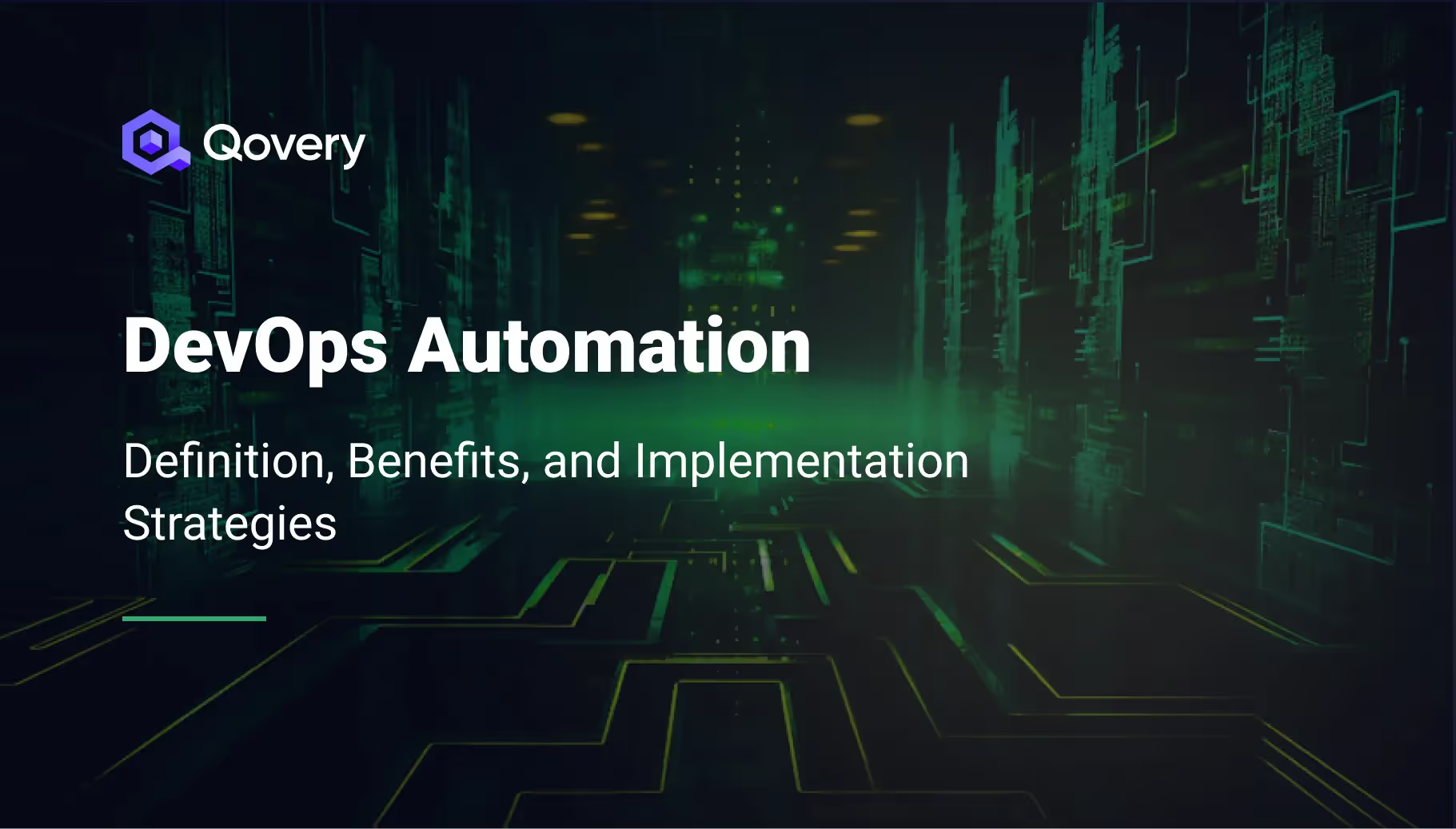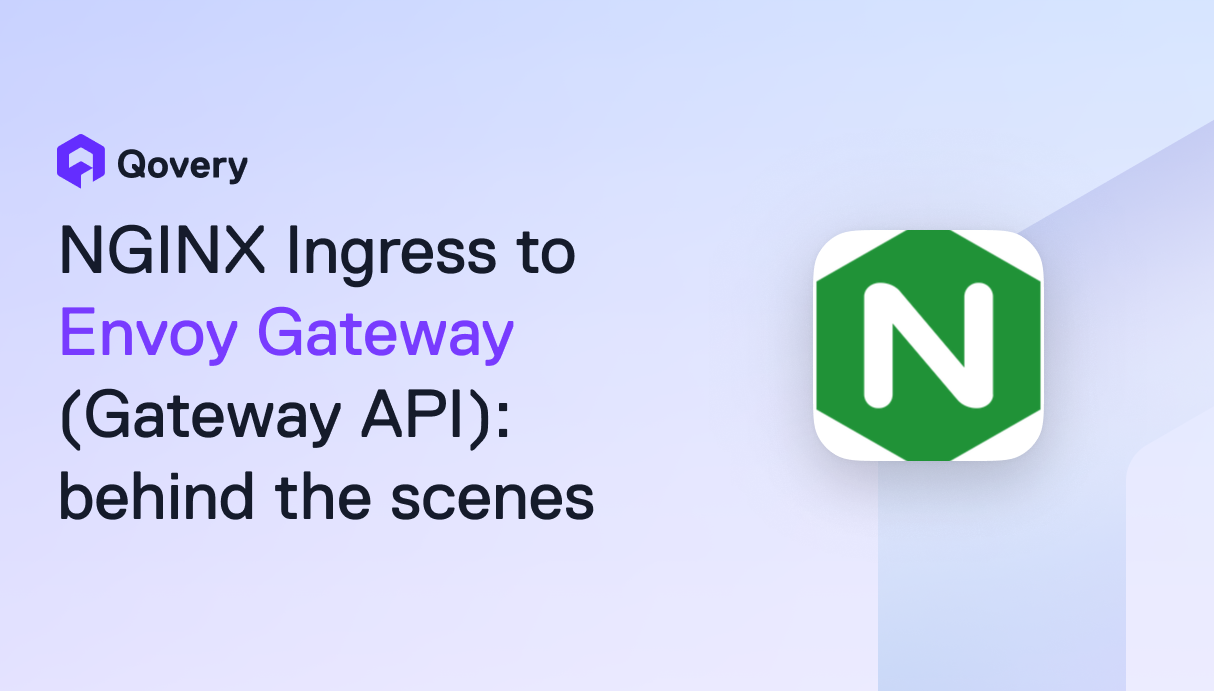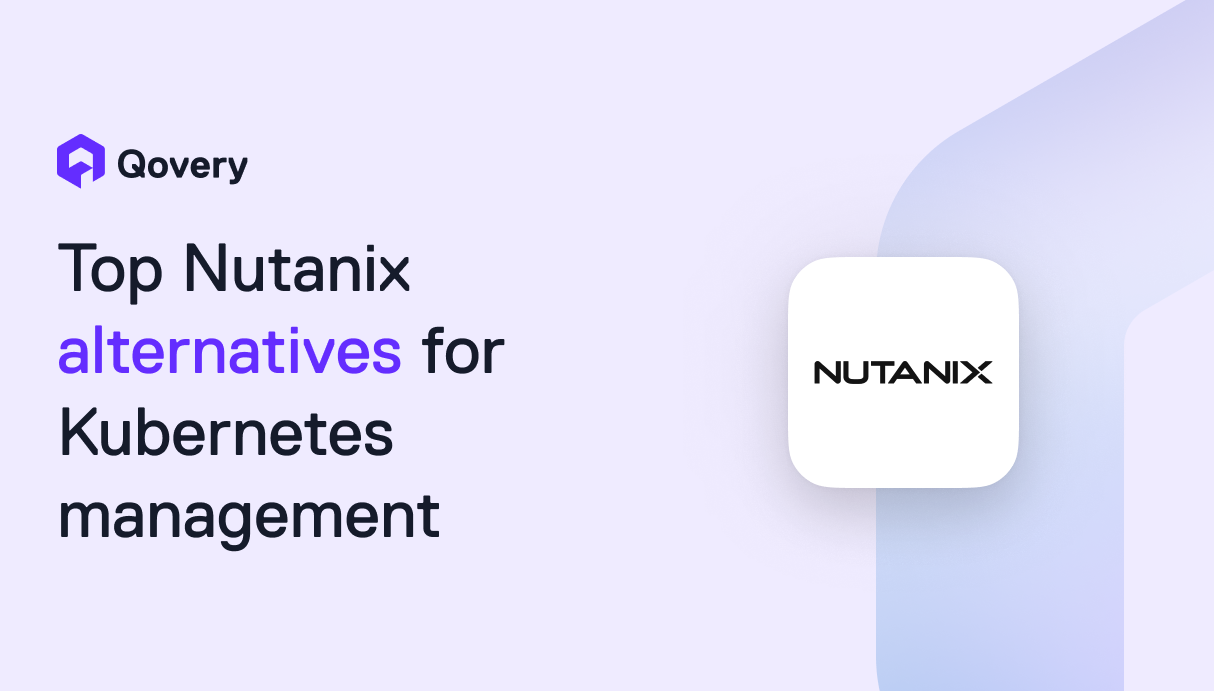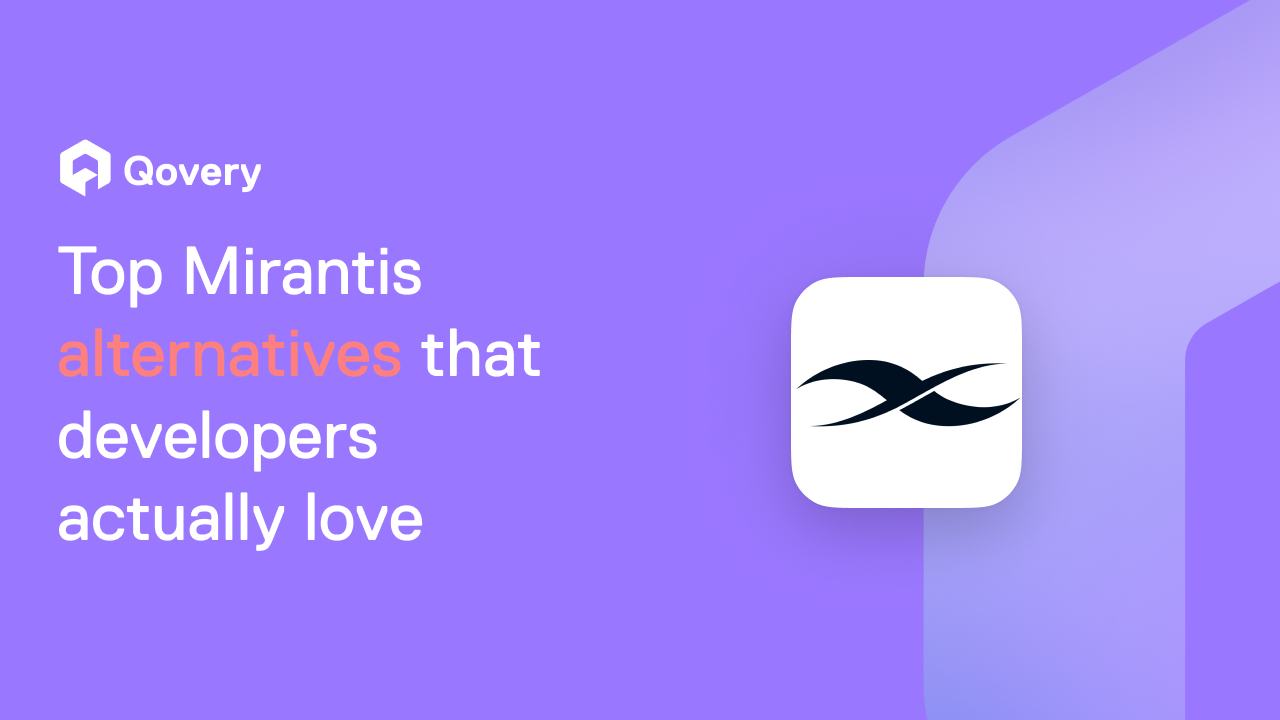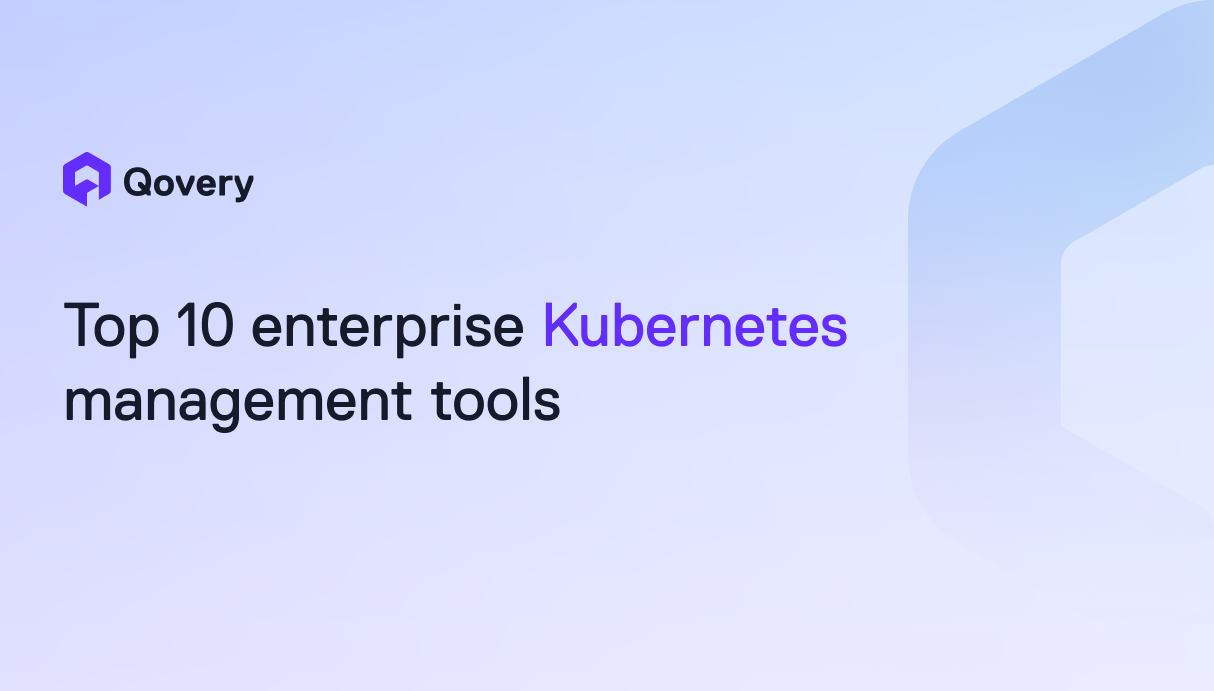

How Qovery Helps Piana Reduce Time to Market and Increase Developer Velocity by 200%



Piana Introduction
After some years working in finance in the USA, James returns to France, where he meets Maxence and Mathieu, and that’s when they decide to start Piana: a Fintech company that helps companies operating vehicle fleets improve their finances, secure their expenses and simplify their accounting. It is intended for any company with one or more vehicles: company vehicles, vans, HGVs, buses, etc. Whether you are a transporter, ambulance driver, removal firm, driving school manager, public transport driver, building contractor, etc., the Piana card has been designed for you!
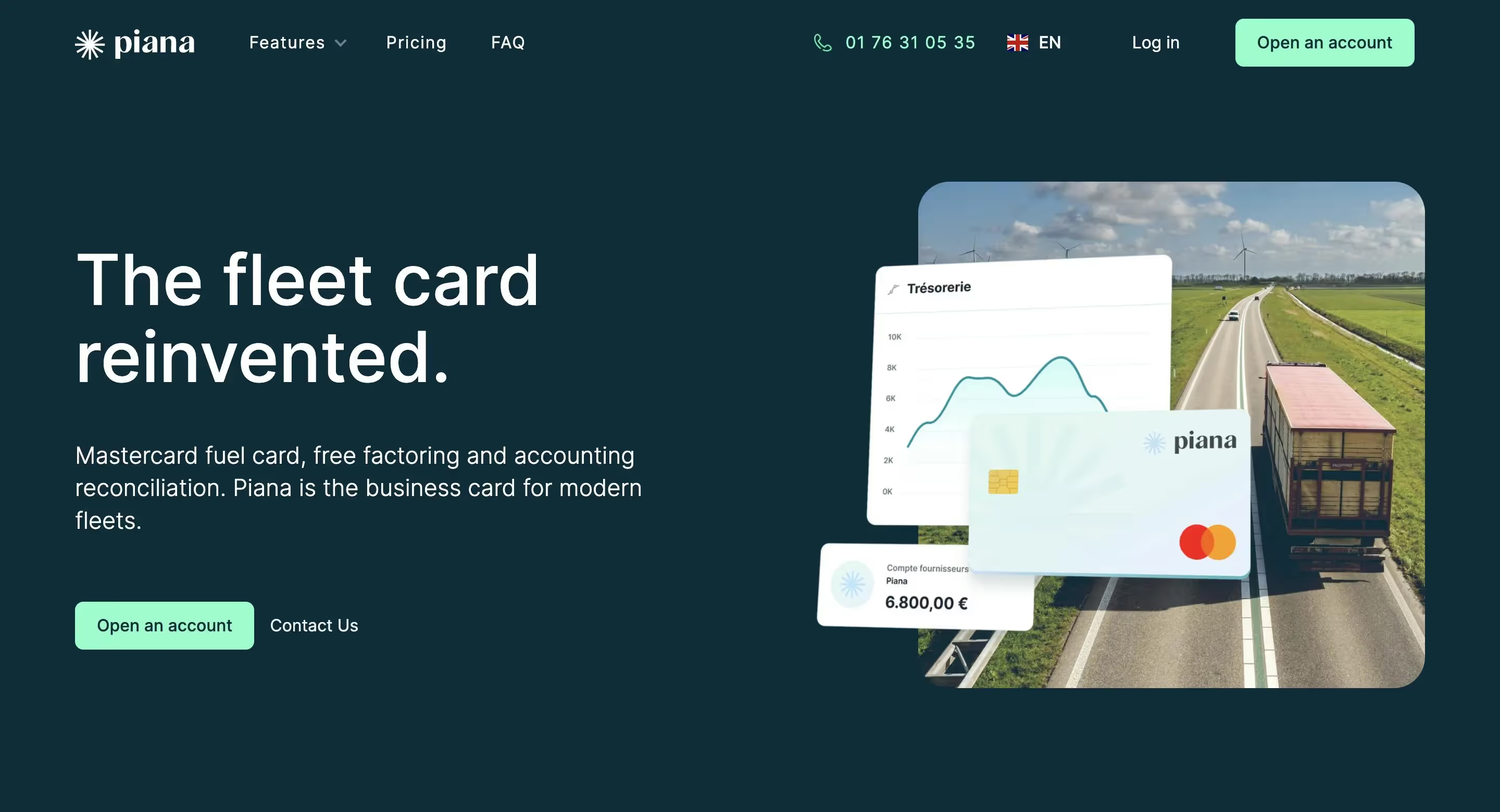
Accelerate Their Time to Market by 4
It’s only about a year ago that Piana was born, and they we already in production after 4 months! They are plenty of decisions to take care of when setting up a business, and even more when it comes to Fintech. They are an extensive set of rules and regulations to follow. When it comes to your infrastructure, it is mandatory to choose wisely to make sure it is scalable, stable and compliant so let me show you how Piana was able to be production ready in the blink of an eye.
Piana's Infrastructure Burden: Time and Maintenance Challenges
Through his past experiences, James tried several solutions and for him, having a stable, compliant infrastructure was a must. He also wanted to ensure that he could have complete control of his instances, which was lacking when using Heroku in a past company.
As the CTO of this new Fintech with major growth challenges to come, he wanted to have something more professional and flexible, and that’s why we turned to AWS.
At that point, he knew that creating an entire infrastructure with AWS would take time to set up and, most importantly, maintain; he was also aware that when the team got bigger, it would be a hassle for testing.
That’s where Qovery came to play, all the power of AWS, all within the same interface, easy setup, compliant, stable and with the possibility to use Ephemeral Environments for testing when the team grows.
After an excellent first contact with Morgan and Romaric (Co-Founders of Qovery), it was obvious to them that they would build their infrastructure using Qovery from the very beginning.
Production Ready Within Two Weeks with Qovery
After confirming their choice to go with Qovery, the real work began; it took two people to work on the implementation, and believe it or not: they were production ready in two weeks!
Now, you might think that the only way to go that fast was to have a super easy setup; well, let me show you that it wasn’t that straightforward.
They had to be production ready with two environments: one for pre-production and one for production, to ensure a proper environment for testing and avoid introducing bugs into production, for example. The applications are two Monolith (one for the Backend and one for the Frontend) with 2 microservices: an API exposed to partners and a payment control for the users of the Piana card. There is another service for the commercial DB (forest admin) and 2 instances (Redis and PostgreSQL).
As you probably understand now, being able to set up all those pieces into one platform made the job relatively easy.
In this smooth sailing journey, there were few bumps on the road; the use of Nix in their setup, for example, required some extra work, but the possibility to use Advanced Settings in Qovery made it extremely easy for them to customize their setup the way they wanted.
Next Step: Ephemeral Environments to Support their Growth
This very successful setup is only the beginning for Piana as they will be able to implement Ephemeral Environments that will allow them to reduce bugs in production and downtime, reduce bottlenecks and speed up release cycles or even promote team collaboration.
If you want to be production ready in no time or enjoy the power of Ephemeral Environments yourself: Sign-up to Qovery!

Suggested articles
.webp)



.svg)
.svg)
.svg)
